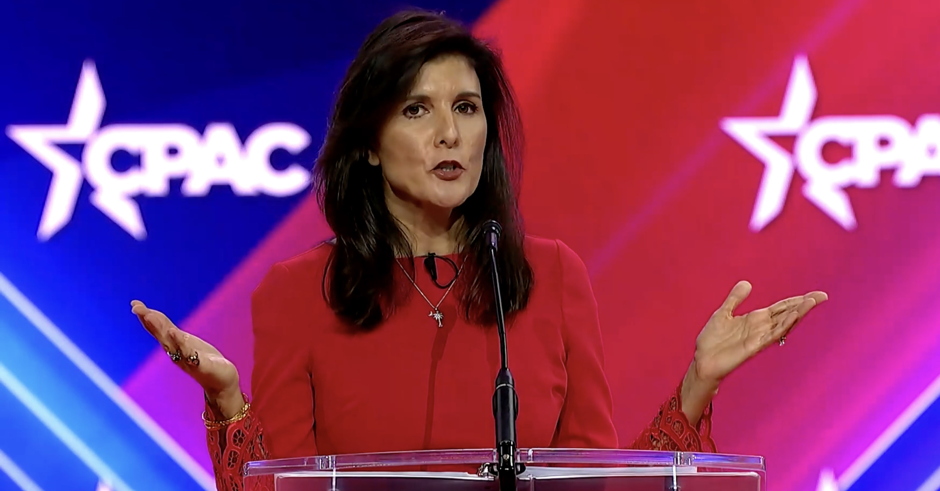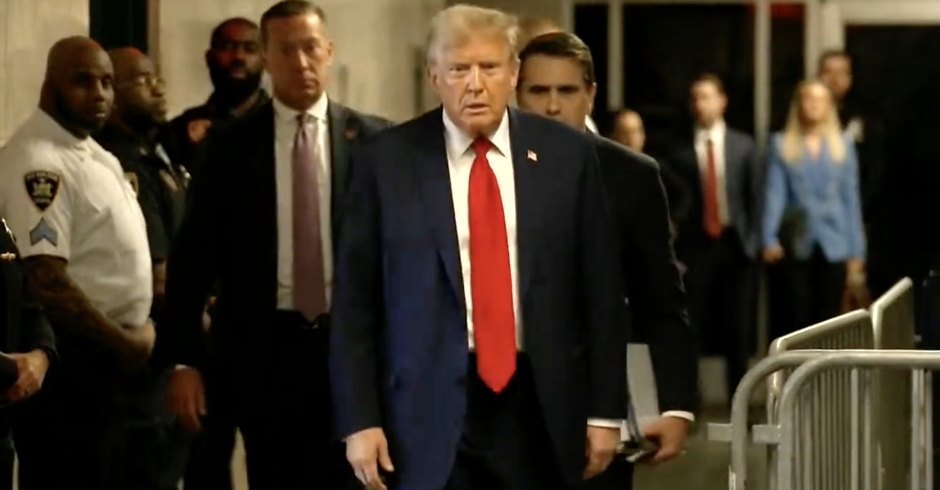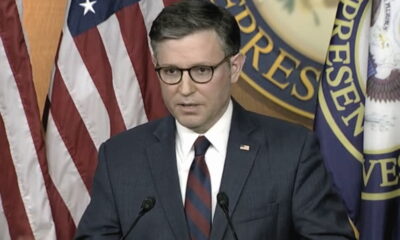In Major Decision US Supreme Court Allows Some State Funding of Religion
- Justice Sotomayor Blasts Majority Opinion Written by Chief Justice Roberts
- Justice Roberts Wrongly Says All That Banning State Funding of Church Facility Achieves Is “A Few Extra Scraped Knees”
- Reduces Church and State Separation
The U.S. Supreme Court Monday morning ruled 7-2 that the government cannot ban a religious organization from receiving taxpayer funds for programs that supposedly do not have religious intent. The case involves a Missouri church that was denied funds from a state program that gives funds for schools who resurface playgrounds with materials made from recycled tires or tire scraps.
In what some see as turning separation of church and state on its head, the court ruled that because an organization is based in religion, the government cannot discriminate against it by denying it funds for projects or programs that are not religious in nature.
Sure, there is a public good in playgrounds for school children being safe, and the Missouri program presumably reaches that goal. But the church, Trinity Lutheran, or any religious institution that apparently is now able to use taxpayer dollars for “non-religious” programs easily could use that same playground to teach children the Bible says homosexuality is an abomination and gay people should be put to death.Â
NBC News Justice Correspondent Pete Williams makes the Court’s ruling clear.
“The U.S. Supreme Court reduced the wall of separation between church and state Monday in one of the most important rulings on religious rights in decades,” Williams reports. “The decision could doom provisions in 39 states that prohibit spending tax dollars to support churches. The states defended the limits as necessary to keep the government from meddling in religious affairs.”
An anti-gay hate group, Alliance Defending Freedom, argued the case on behalf of the church. The case is Trinity Lutheran Church of Columbia v. Comer.
Chief Justice John Roberts authored the majority opinion.
“The exclusion of Trinity Lutheran from a public benefit for which it is otherwise qualified, solely because it is a church, is odious to our Constitution . . . and cannot stand.â€
ADF attorney David Cortman “argued that the government should be neutral toward religion,” Williams notes. “Blocking the church from a widely available public program, he said, ‘imposes special burdens on non-profit organizations with a religious identity’ and amounted to hostility toward religion.”
But Missouri had claimed that its constitutional provision did nothing to interfere with a church’s religious activities. James Layton, the state’s former solicitor general, said Trinity Lutheran “remains free, without any public subsidy, to worship, teach, pray, and practice any other aspect of its faith however it wishes. The state merely declines to offer financial support.”
In the minority were Justices Ruth Bader Ginsburg and Sonia Sotomayor, who wrote the dissenting opinion. In a rare move for any justice, for only the second time in her eight years on the court Justice Sotomayor read aloud her dissent from the bench.
“To hear the Court tell it, this is a simple case about recycling tires to resurface a playground,” Justice Sotomayor wrote. “The stakes are higher. This case is about nothing less than the relationship between religious institutions and the civil government—that is, between church and state. The Court today profoundly changes that relationship by holding, for the first time, that the Constitution requires the government to provide public funds directly to a church. Its decision slights both our precedents and our history, and its reasoning weakens this country’s longstanding commitment to a separation of church and state beneficial to both.”
“Properly understood then, this is a case about whether Missouri can decline to fund improvements to the facilities the Church uses to practice and spread its religious views. This Court has repeatedly warned that funding of exactly this kind—payments from the government to a house of worship—would cross the line drawn by the Establishment Clause.”
In this excerpt Sotomayor diplomatically blasts the Chief Justice, who wrote the majority opinion:
“So it is surprising that the Court mentions the Establishment Clause only to note the par-ties’ agreement that it ‘does not prevent Missouri from including Trinity Lutheran in the Scrap Tire Program.’ … Constitutional questions are decided by this Court, not the parties’ concessions. The Establishment Clause does not allow Missouri to grant the Church’s funding request because the Church uses the Learning Center, including its playground, in conjunction with its religious mission. The Court’s silence on this front signals either its misunderstanding of the facts of this case or a startling departure from our precedents.”
Some initial thoughts on the terrible SCOTUS decision in #TrinityLutheran. This is a sad day for the First Amendment. pic.twitter.com/VpEgYkweUu
— Andrew Seidel (@AndrewLSeidel) June 26, 2017
To comment on this article and other NCRM content, visit our Facebook page.
Image by Ian Dick via Flickr and a CC licenseÂ

Enjoy this piece?
… then let us make a small request. The New Civil Rights Movement depends on readers like you to meet our ongoing expenses and continue producing quality progressive journalism. Three Silicon Valley giants consume 70 percent of all online advertising dollars, so we need your help to continue doing what we do.
NCRM is independent. You won’t find mainstream media bias here. From unflinching coverage of religious extremism, to spotlighting efforts to roll back our rights, NCRM continues to speak truth to power. America needs independent voices like NCRM to be sure no one is forgotten.
Every reader contribution, whatever the amount, makes a tremendous difference. Help ensure NCRM remains independent long into the future. Support progressive journalism with a one-time contribution to NCRM, or click here to become a subscriber. Thank you. Click here to donate by check.
 |



















